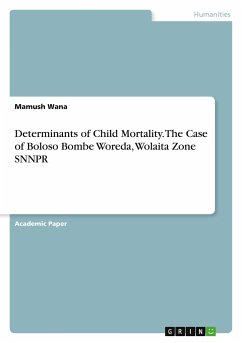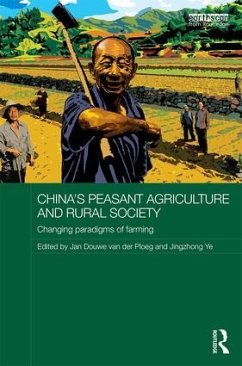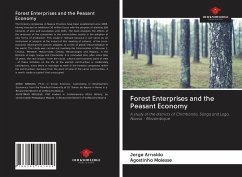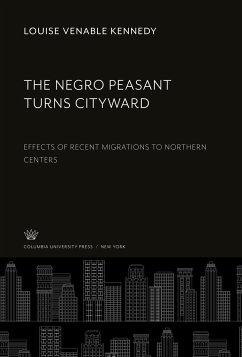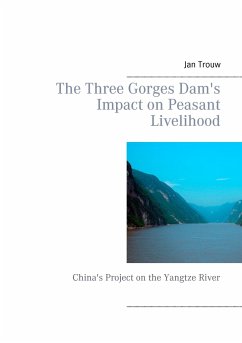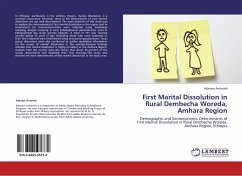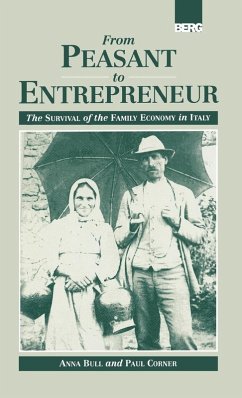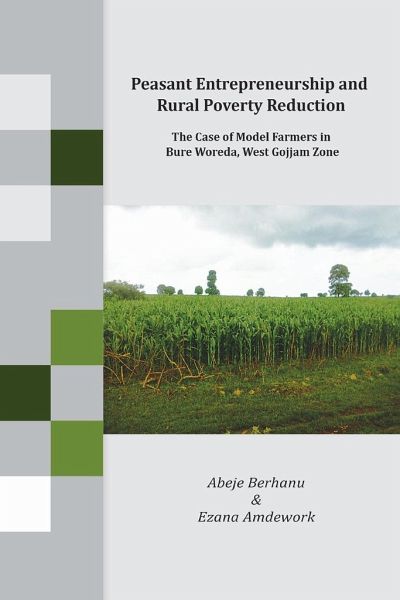
Peasant Entrepreneurship and Rural Poverty Reduction. The Case of Model Farmers in Bure Woreda, West Gojjam Zone
Versandkostenfrei!
Versandfertig in 1-2 Wochen
35,99 €
inkl. MwSt.

PAYBACK Punkte
18 °P sammeln!
It is now a decade since Ethiopia started implementing a policy of poverty reduction and eradication. The government's poverty reduction and eradication program stresses the strategic importance of agriculture. The sector, however, is in the hands of millions of peasant producers who depend on traditional methods of cultivation of crops with limited use of green revolution technologies, such as chemical fertilizers.The current package-based agricultural extension service, like its predecessors, uses 'model' farmers to disseminate improved technologies. This group of farmers, because of their e...
It is now a decade since Ethiopia started implementing a policy of poverty reduction and eradication. The government's poverty reduction and eradication program stresses the strategic importance of agriculture. The sector, however, is in the hands of millions of peasant producers who depend on traditional methods of cultivation of crops with limited use of green revolution technologies, such as chemical fertilizers.The current package-based agricultural extension service, like its predecessors, uses 'model' farmers to disseminate improved technologies. This group of farmers, because of their entrepreneurial qualities, is expected to positively influence other farmers to adopt improved farming technologies. This research focuses on the entrepreneurial experiences of 'model' farmers in the context of the current agricultural extension package program and their contribution to Ethiopia's poverty reduction efforts by taking the Bure Zuria woreda of the Amhara regional state as case study.





